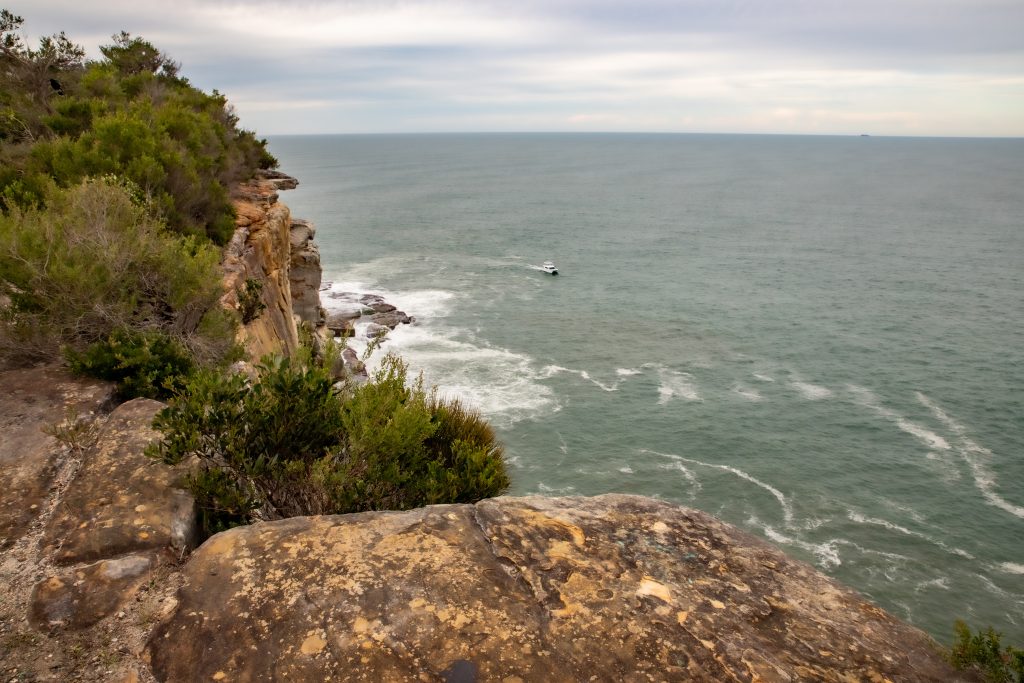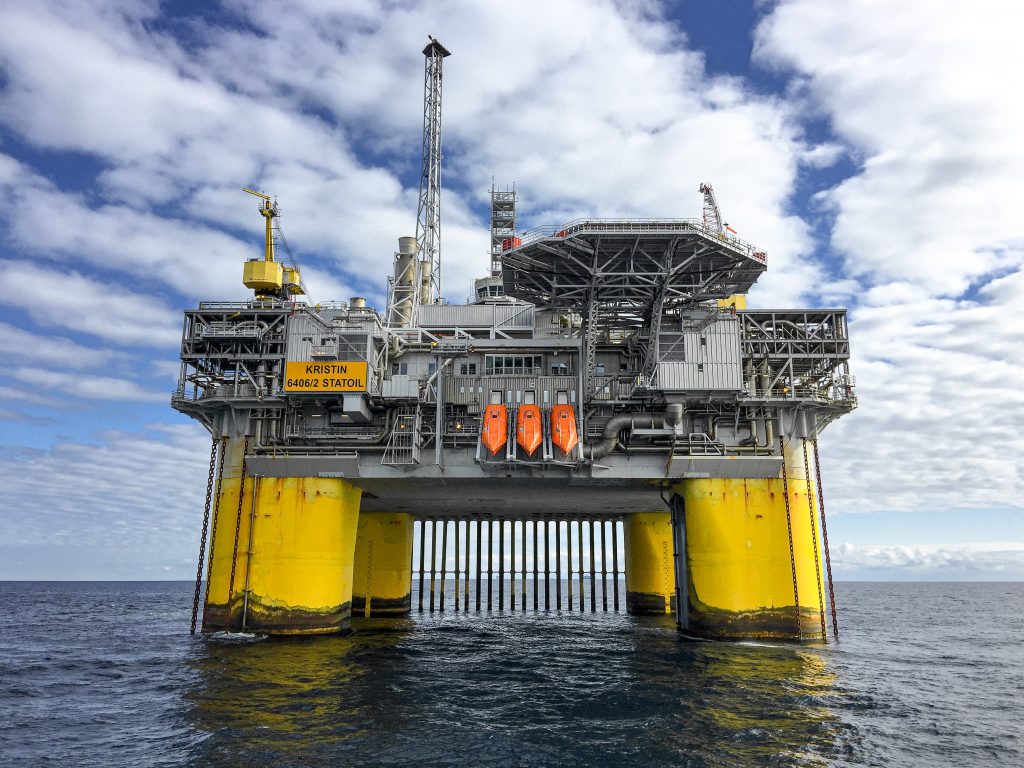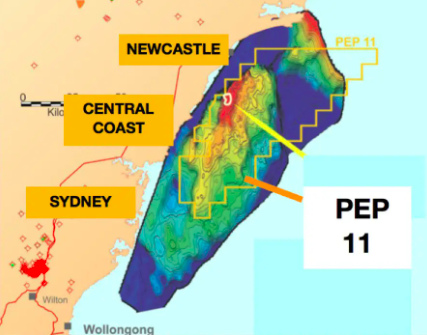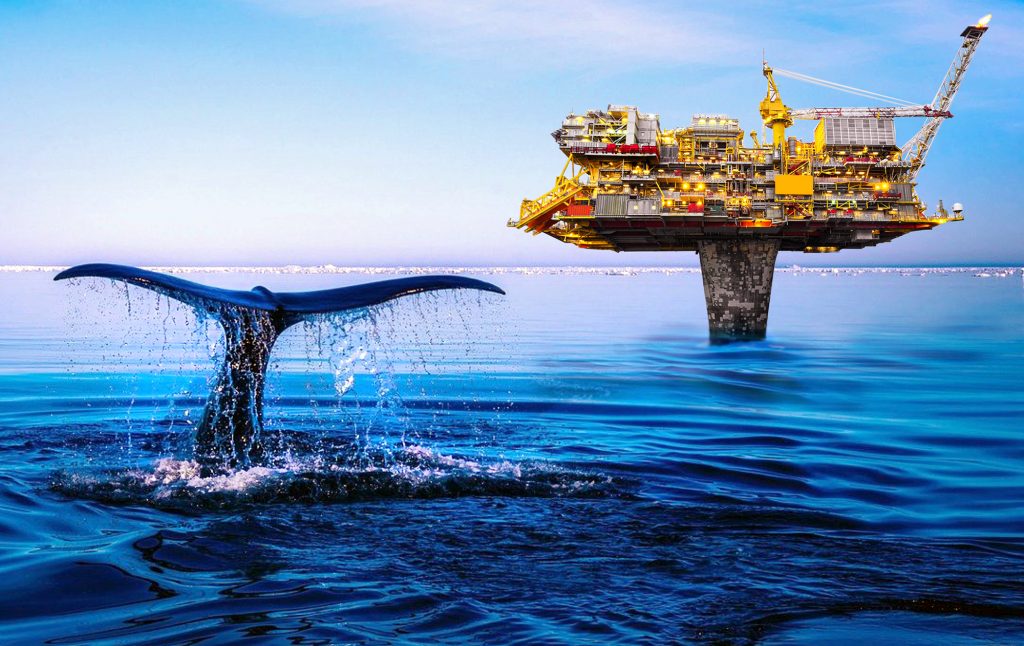NOPTA – the National Offshore Petroleum Titles Administrator – has finally sunk the Petrol Exploration Permit 11 (PEP11) bid by Asset Energy to explore for gas off the NSW coast between Manly and Newcastle.
Although the NSW Government Deputy Premier Paul Toole announced it would not proceed on 23 February 2022, and the Prime Minister Scott Morrison declared it “not right” on 16 December 2021, PEP11 was still listed as a “pending application” on the NOPTA approval portal, where it has been since its initial submission.
This meant that despite the NSW Government declaring a ban on offshore drilling and exploration for gas, coal, petroleum and other fossil fuels in waters along the NSW coastline on 23 February (which would also include a lack of support for proposals in adjacent Commonwealth waters), NOPTA could have effectively overruled their decision.
But today it is officially dead in the water.
On Monday 4 April, Independent Warringah MP, Zali Steggall, stated:
“Verified. Good news to start the week.
“In the dying days of this Parliament – the outcome we were all waiting for. The license to drill for oil and gas off the coast from Manly to Newcastle has finally been rejected by NOPTA. PEP11 is kaput. Nice to finally see it in writing.”
The NOPTA decision effectively halts any further offshore mining applications along the entire NSW coast for the foreseeable future.

On 16 December 2021, the Federal Government first announced that the controversial PEP11 between Manly and Newcastle would not be renewed. However, skeptics pointed out that at the same press conference, Morrison also committed to a $235 million assurance to open up new gas fields in the Beetaloo, North Bowen and Galilee Basins.
PEP11 covered 4,575 square kilometres of offshore marine territory from Manly to Newcastle, which a consortium of gas and oil companies hoped to exploit. The new ban also prohibits any further exploration for fossil fuels in that specific region, where vast tracts containing millions of cubic feet of natural gas have been detected in underground wells.
In August 2021, Ms Steggall, an outspoken campaigner against PEP 11, introduced a Bill to Parliament seeking its cancellation. At the time, she warned, “PEP11 is the Morrison Government’s ‘gas-led recovery’ in action. It opens the door to oil and gas rigs just offshore from our iconic beaches.
“Offshore oil and gas exploration and extraction through PEP11 would have dire consequences for NSW’s coastal businesses, communities, ecosystems and climate. Any leak from PEP11 would devastate our local economy already on its knees from Covid-19, destroying fishing, tourism, and hospitality industries.”
A coalition of Northern Beaches residents and surfing organisations, including Surfrider Northern Beaches and Manly, very actively campaigned against the proposal.
No local political representatives, nor the Prime Minister, were in favour of the project. In December Scott Morrison said “this is not the right project for these communities and pristine beaches and waters.”

What is PEP11?
PEP11, first granted in 1999, actually expired in Feb 2021, but was still in force and overseen by the Joint Authority – the state and commonwealth ministers who preside over administration of oil, gas and petroleum exploration licenses.
The Joint Authority, including Federal Water and Resources Minister, Keith Pitt, who is a consistent and determined advocate for offshore drilling, delayed their decision while they considered whether to extend the PEP11 license by two years, as requested by the permit holders.
The principal permit holders were Asset Energy Pty Ltd (a subsidiary of Advent Energy, an unlisted oil and gas company based in Perth, which is, in turn, owned by BPH Energy), which held an 85 per cent stake, and Bounty Oil & Gas NL, which held the remaining 15 per cent.

The stakes were high. A 1 July 2020 article on Small Caps website (which monitors small companies listed on the Australian Stock Exchange) revealed: “BPH Energy has reviewed years of work on the potential PEP 11 gas field lying in the offshore Sydney Basin and reveals it has identified structural leads that could contain 1 trillion cubic feet (TCF) of gas. To put that in perspective, the Bass Strait fields since 1965 have produced 6 TCF, meaning the equivalent of 1 TCF of gas supply for a 10-year period.
“What is more, a 2010 report compiled by the private project generator Pangean Resources concluded that undiscovered gross prospective recoverable gas resources within PEP 11 have been estimated at 5.7 TCF (at the “best estimate” level).”
BPH Energy admitted that the PEP11 target area was close to residential centres. “Mapped prospects and leads within the Offshore Sydney Basin are generally located less than 50km from the Sydney-Wollongong-Newcastle greater metropolitan area. This area has a population of approximately 5,000,000 people…
“The petroleum permit area is mostly shallow with an average depth of 200m.”

Cetacean corridor
The 100km stretch of NSW coastline between Manly and Newcastle, where the consortium planned to drill, is in the path of a major cetacean migration route between Antarctic waters and warmer whale breeding grounds in the mid-Pacific Ocean.
From May to November every year, thousands of whales pass Sydney during their northward and southward return migrations along the east coast.
These include toothed whales – from southern bottlenose, pilot, melon-headed, sperm and seven ‘beaked’ species – and baleen (strainer-mouthed) species – Bryde’s, fin, humpback, minke, right and sei whales, plus the recently-returned blue whales.
Around 10 species of non-migratory dolphins and their larger cousins the orcas (including pygmy and false killer whales), also inhabit the marine environs along Sydney’s east coast.
The risk of oil derricks and mining equipment adversely affecting their sonar, or an oil spill contaminating the coastal waters in which they swim, was high.
Manly resident Layne Beachley, seven-times world champion surfer (the most successful female surfer in history), and an Order of Australia recipient, warned that BPH Energy and Bounty Oil & Gas’ drilling plans would be disastrous for both the local economy and the ecology.
“I would hate to see oil or gas rigs on the most beautiful horizon on the Earth. It would destroy tourism, it would destroy the marine ecosystems, it’s a whale migration pathway. It doesn’t belong here and I would hate to see it on my watch.”




